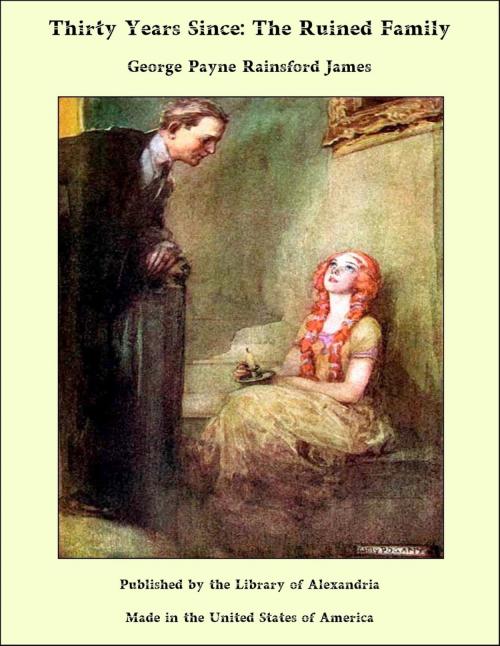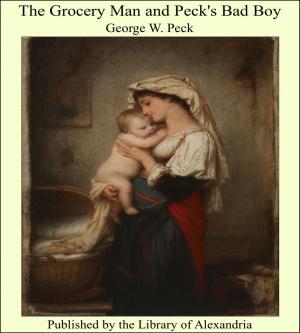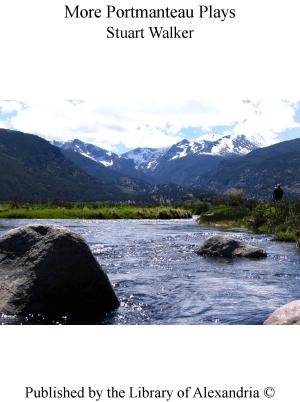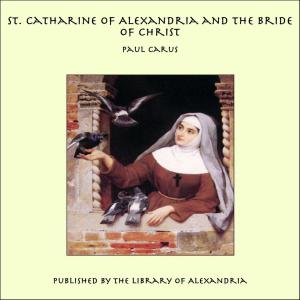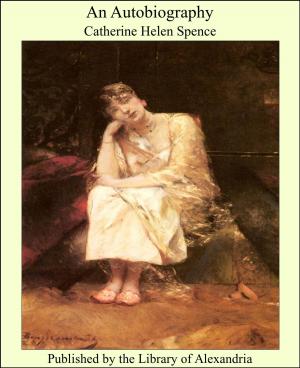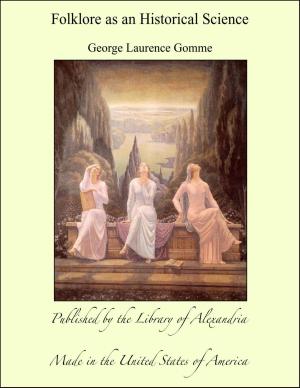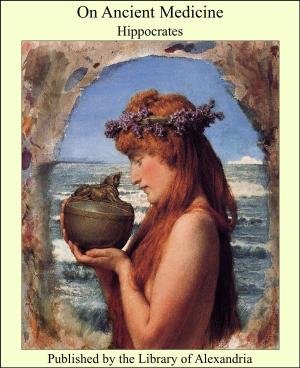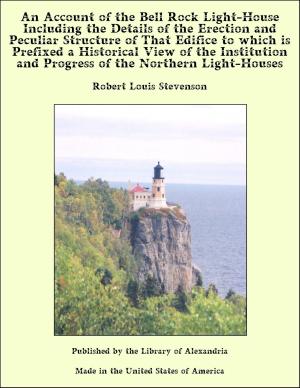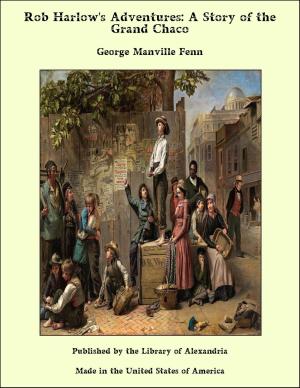Thirty Years Since: The Ruined Family
Nonfiction, Religion & Spirituality, New Age, History, Fiction & Literature| Author: | George Payne Rainsford James | ISBN: | 9781465607874 |
| Publisher: | Library of Alexandria | Publication: | March 8, 2015 |
| Imprint: | Language: | English |
| Author: | George Payne Rainsford James |
| ISBN: | 9781465607874 |
| Publisher: | Library of Alexandria |
| Publication: | March 8, 2015 |
| Imprint: | |
| Language: | English |
Most cities are hateful; and, without any disposition to "babble about green fields," it must be owned that each is more or less detestable. Nevertheless, among them all, there is none to be compared, as a whole, to London--none which comprehends within itself, from various causes, so much of the sublime in every sort. Whether we consider its giant immensity of expanse--the wonderful intricacy of its internal structure--the miraculous harmony of its discrepant parts--the grand amalgamation of its different orders, classes, states, pursuits, professions--the mighty aggregate of hopes, wishes, endeavors, joys, successes, fears, pangs, disappointments, crimes, and punishments, that it contains--its relative influence on the world at large--or the vehement pulse with which that "mighty heart" sends the flood of circulation through this beautiful land--we shall find that that most wonderful microcosm well deserves the epithet sublime. To view it rightly--if we wish to view it with the eye of a philosopher--we should choose, perhaps, the hour which is chosen by the most magnificent and extraordinary of modern poets, and gaze upon it when the sun is just beginning to pour his first red beams through the dim and loaded air, when that vast desert of brick and mortar, that interminable wilderness of spires and chimneys, looks more wide and endless, and solemn, than when the eye is distracted by myriads of mites that creep about it in the risen day. It may be asked, perhaps, who is there that ever saw it at that hour, except the red-armed housemaid washing the morning step, and letting in the industrious thief, to steal the greatcoats from the hall; or the dull muffin-man, who goes tinkling his early bell through the misty streets of the wintry morning? Granted, that neither of these--nor the sellers of early purl--nor the venders of saloop and cocoa--nor Covent Garden market-women--nor the late returners from the finish--nor he who starts up from the doorway, where he has passed the wretched night, to recommence the day's career of crime, and danger, and sorrow--can look upon the vast hive in which they dwell with over-refined feelings; and, perhaps, to them may come home unhappy Shelley's forcible line--"Hell is a city very much like London!" The valetudinarian, too, who wakes with nervous punctuality to swallow down the morning draught, prescribed by courtly Henry's bitter-covering skill, may curse the cats that, perched upon the tiles, salute their lady-loves with most discordant cries, and keep him from repose; and with all the virulence of Despréaux, may exclaim upon the many hateful sounds of a town morning. But, besides all these, there are sometimes persons who, rising five hours before their usual time, come forth in all the freshness of the early day, stimulated by the vast effort that roused them from their beds, proud of a successful endeavor to get up, and excited by the novelty of the circumstance and the scene, and who rush on, admiring all the beauties as they go to take their places in the gay stage-coach.
Most cities are hateful; and, without any disposition to "babble about green fields," it must be owned that each is more or less detestable. Nevertheless, among them all, there is none to be compared, as a whole, to London--none which comprehends within itself, from various causes, so much of the sublime in every sort. Whether we consider its giant immensity of expanse--the wonderful intricacy of its internal structure--the miraculous harmony of its discrepant parts--the grand amalgamation of its different orders, classes, states, pursuits, professions--the mighty aggregate of hopes, wishes, endeavors, joys, successes, fears, pangs, disappointments, crimes, and punishments, that it contains--its relative influence on the world at large--or the vehement pulse with which that "mighty heart" sends the flood of circulation through this beautiful land--we shall find that that most wonderful microcosm well deserves the epithet sublime. To view it rightly--if we wish to view it with the eye of a philosopher--we should choose, perhaps, the hour which is chosen by the most magnificent and extraordinary of modern poets, and gaze upon it when the sun is just beginning to pour his first red beams through the dim and loaded air, when that vast desert of brick and mortar, that interminable wilderness of spires and chimneys, looks more wide and endless, and solemn, than when the eye is distracted by myriads of mites that creep about it in the risen day. It may be asked, perhaps, who is there that ever saw it at that hour, except the red-armed housemaid washing the morning step, and letting in the industrious thief, to steal the greatcoats from the hall; or the dull muffin-man, who goes tinkling his early bell through the misty streets of the wintry morning? Granted, that neither of these--nor the sellers of early purl--nor the venders of saloop and cocoa--nor Covent Garden market-women--nor the late returners from the finish--nor he who starts up from the doorway, where he has passed the wretched night, to recommence the day's career of crime, and danger, and sorrow--can look upon the vast hive in which they dwell with over-refined feelings; and, perhaps, to them may come home unhappy Shelley's forcible line--"Hell is a city very much like London!" The valetudinarian, too, who wakes with nervous punctuality to swallow down the morning draught, prescribed by courtly Henry's bitter-covering skill, may curse the cats that, perched upon the tiles, salute their lady-loves with most discordant cries, and keep him from repose; and with all the virulence of Despréaux, may exclaim upon the many hateful sounds of a town morning. But, besides all these, there are sometimes persons who, rising five hours before their usual time, come forth in all the freshness of the early day, stimulated by the vast effort that roused them from their beds, proud of a successful endeavor to get up, and excited by the novelty of the circumstance and the scene, and who rush on, admiring all the beauties as they go to take their places in the gay stage-coach.
